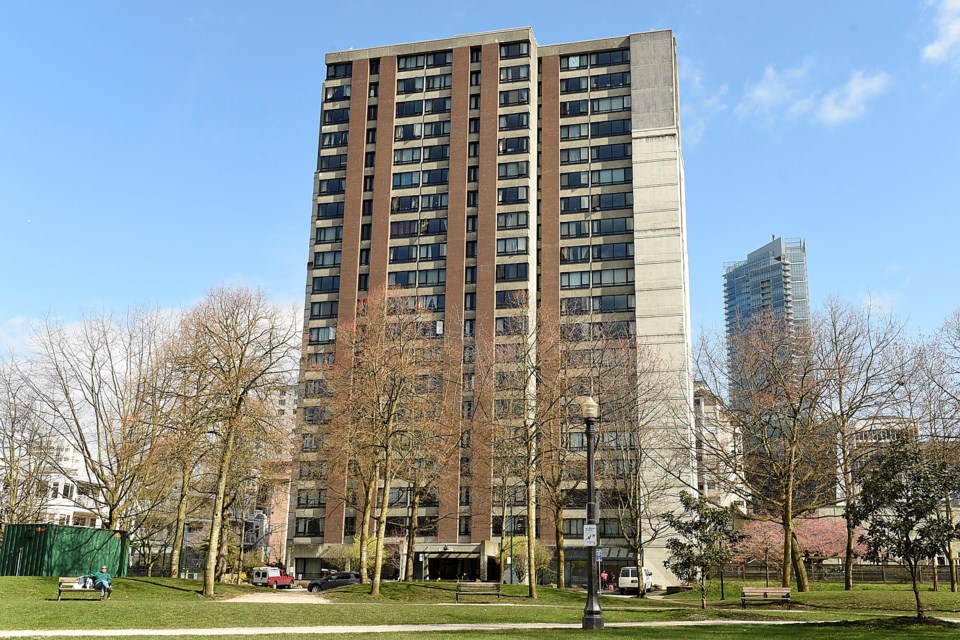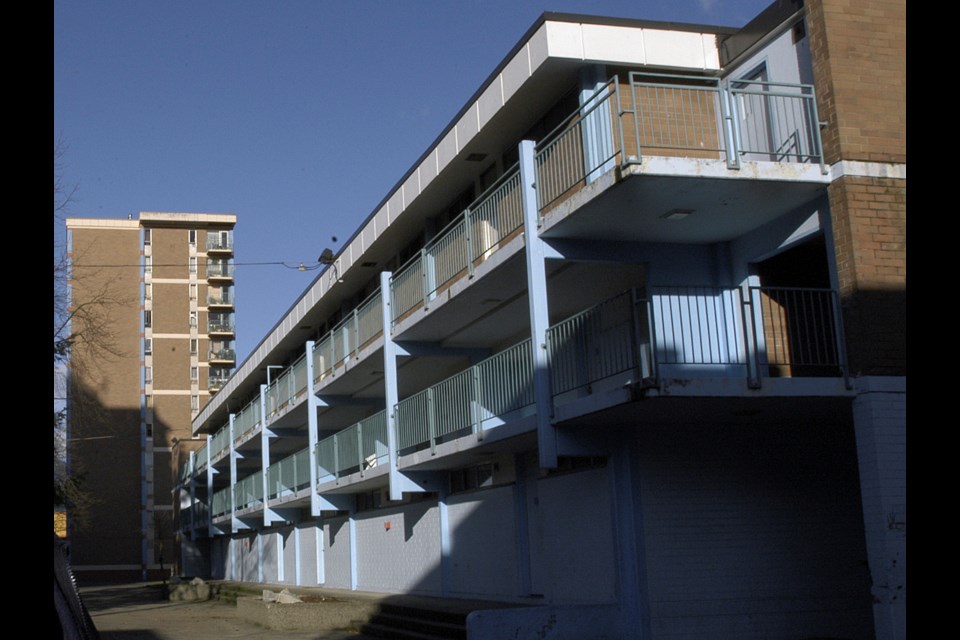The provincial government’s plan to sell off some of its social housing properties and lands in Vancouver and other municipalities to nonprofits will not result in a more vibrant social housing sector as planned, according to a report released Thursday by the Office of the Auditor General of B.C.
Auditor General Carol Bellringer said the ministry responsible for housing has not fully considered how sales could affect the affordability, availability and sustainability of social housing. The report questions whether nonprofits will need to increase rents to remain viable, or whether the buildings will stay as social housing.
“In other words, the ministry has not demonstrated that transferring ownership of its buildings and lands to nonprofits will result in a more sustainable housing sector as intended,” said Bellringer in a letter attached to her report.
Under the government’s nonprofit asset transfer program, the ministry responsible for housing is selling some of its lands and social housing properties to nonprofit housing societies for them to own and operate. The 375-unit Stamps Place in Strathcona and the 20-storey Nicholson Tower in the West End are two of the properties that were sold.
As of October 2016, the asset transfer program generated $238 million – including the transfer of 134 leased lands and the sale of Stamps Place and Nicholson Tower -- and was expected to bring in roughly $500 million by 2018. The government said proceeds will be used to help expand rental assistance programs and fund almost 4,000 units of social housing.
“The ministry’s decision to move forward with the [asset transfer] program was not based on an adequate analysis of the benefits, costs and risks,” the report said. “While the program will provide immediate funding for reinvestment in housing, it will also introduce significant costs and risks without assurance that it will result in better outcomes for social housing.”
That cost includes B.C. housing paying $30 million a year to the nonprofits to help cover their mortgages. This will amount to $1 billion over the 35-year life of the program, before discounting in today’s dollars.

In a response from government, which was included in Bellringer’s report, it objected to the public disclosure of the auditor general’s findings. In the government’s view, as Bellringer explained it in her letter attached to the report, “public immunity” should have applied.
“Public interest immunity is a common law principle that protects information from being released to the public when keeping the information confidential outweighs the public interest in having it released,” she wrote. “While government feels that these findings are protected on the grounds of public interest immunity, we believe that disclosure of ministry analyses, such as business cases, are in the public interest.”
The government said the goals of the asset transfer program were “indeed quite clear,” adding that the program strengthens the nonprofit housing sector and improves a provider’s ability “to support better longterm planning and self-sufficiency.”
“The ministry is confident in the ability of the nonprofit housing sector to increase and renew the transferred social housing properties over the longterm,” the government said. “ A number of nonprofit housing societies have already leveraged the equity gained through transferred assets to create more housing for low and moderate income households in communities such as Cranbrook, Victoria and in the Lower Mainland.”
In the coming year, the government added, the housing ministry will update its provincial housing strategy, which will “provide further clarity and address issues that were raised in the report. In addition, work will be carried out to better articulate and ensure achievement of the program’s longterm outcomes, further mitigate risks, and monitor outcomes. Steps have already been taken to document the assessment of nonprofit providers’ ability to meet desired program outcomes.”
The asset transfer program comes at a time when the demand for social housing continues to increase, exceeding the available supply. Maintenance costs are rising as buildings age, while federal government dollars for social housing agreements is declining and, according to Bellringer’s report, will drop off entirely in 20 years.
B.C. Housing tracks applications for roughly 26,000 units of public and non-profit housing. As of March 31, 2016, there were 14,616 applicants awaiting housing on the registry. That’s 900 more than in 2015. Seniors and families account for two-thirds of applicants. The others are people with disabilities, single people and households requesting wheelchair-modified units.
mhowell@vancourier.com
@Howellings



